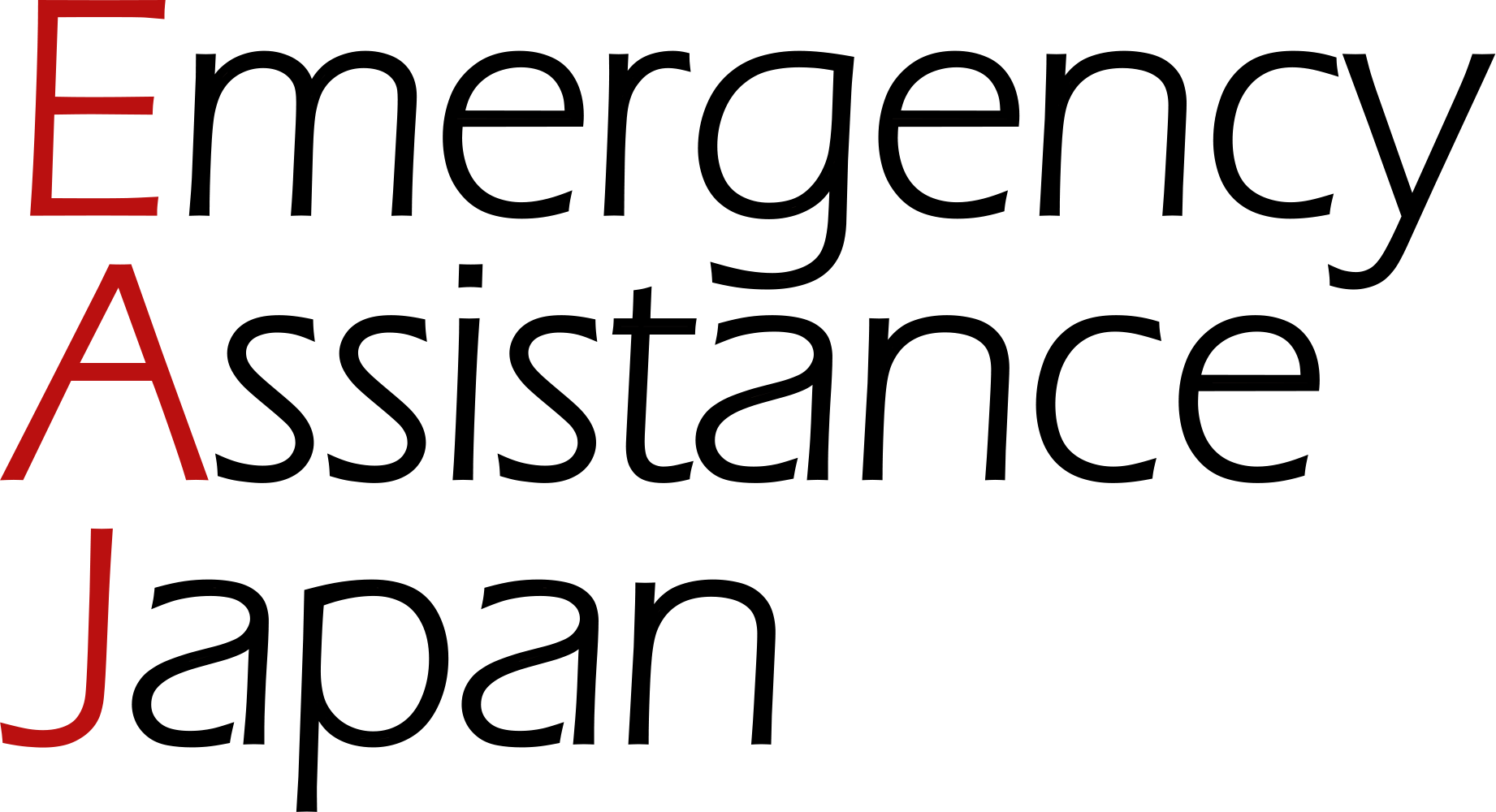Respiratory cancers(Lung cancer)
- HOME
- Cancer(View by Body Part)
- Respiratory cancers(Lung cancer)
- What is Lung Cancer?
What is Lung Cancer?
23.09.29
What is Lung Cancer?
Lung cancer is a type of cancer that develops within lung tissue and usually begins when lung cells begin to grow abnormally.
Smoking is the main factor in the development of lung cancer. Toxic substances taken into the lungs by smoking affect lung tissue and cause cancer. However, there are other factors besides smoking, such as those caused by chemicals and genetic factors.
In the early stages of lung cancer, symptoms are usually difficult to detect, but as the disease progresses, symptoms such as chronic cough, phlegm (sputum), dyspnea, chest pain, hoarse voice, weight loss, fatigue, and coughing up blood may occur.
Diagnosis of lung cancer is made by imaging tests such as X-rays, CT scans, MRI, and PET scans, cellular examination of sputum, and tissue biopsy. Tissue biopsy is the most reliable diagnostic method to confirm the presence and type of cancer. Lung cancer is one of the most common cancers in the world in terms of both number of patients and mortality rate, and early detection and appropriate treatment are crucial.
The two main types of lung cancer are
・Non-Small Cell Lung Cancer, NSCLC:
NSCLC is the most common form of lung cancer, affecting approximately 90% of lung cancer patients.
It is classified into three main subtypes: adenocarcinoma, squamous cell carcinoma, and large cell carcinoma. Symptoms are often difficult to detect in the early stages, and as the disease progresses, coughing, coughing up blood, dyspnea, and chest pain may occur.
・Small Cell Lung Cancer, SCLC:
SCLC is characterized by very rapid proliferation and early metastasis to other sites.
It is most commonly seen in smokers, but can also occur in nonsmokers. It is generally not detected in the early stages and is often diagnosed as advanced lung cancer.
An example of a proposed treatment for lung cancer
Surgery:
Surgery is the treatment of choice when the lung cancer is localized (regional) and operable. Surgery usually involves partial or complete removal of the cancer and preservation of surrounding healthy lung tissue.
Types of surgery include partial lung resection (lobectomy), total lobectomy (lobectomy), or total pneumonectomy (pneumonectomy). This surgery can be performed with robotic-assisted surgery. Robotic-assisted surgery enables high-precision surgery and is minimally invasive, requiring only small incisions compared to conventional open surgery, thus reducing the physical burden on the patient and allowing for a quicker recovery.
Radiation Therapy:
Radiation therapy is used when surgery is not applicable or when cancer cells may remain after surgery. It uses high-energy X-rays or protons to destroy cancer cells.
Chemotherapy:
Chemotherapy uses anticancer drugs to attack cancer cells and inhibit cancer growth. Chemotherapy may be used when lung cancer has spread or in combination with other treatments.
Targeted Therapy:
This is a therapy that uses specific molecularly targeted drugs to attack cancer cells in a targeted manner. It is effective against specific genetic mutations and proteins in lung cancer.
